Politics
Turkey Restricts Israeli Ships and Official Flights from Its Territory
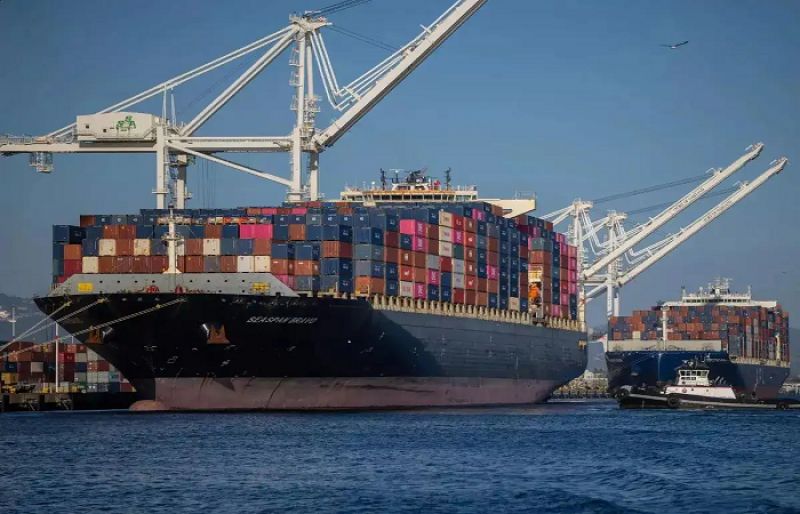

Turkey’s top diplomat announced on Friday that Ankara has closed its ports and airspace to Israeli ships and aircraft, with a diplomatic source telling AFP that the restrictions specifically target “official” flights. The move comes amid escalating tensions between Turkey and Israel, reflecting Ankara’s strong stance in response to recent developments in Gaza.
The decision is expected to impact diplomatic and official travel, while signaling Turkey’s growing disapproval of Israeli actions in the region.
Ties between Turkey and Israel have been shattered by Israel’s war against Hamas in Gaza, with Ankara accusing Israel of committing “genocide” in the tiny Palestinian territory — a term roundly rejected by Israel — and suspending all trade ties in May last year.
“We have closed our ports to Israeli ships. We do not allow Turkish ships to go to Israeli ports…. We do not allow container ships carrying weapons and ammunition to Israel to enter our ports, nor do we allow their aircraft to enter our airspace,” Foreign Minister Hakan Fidan told lawmakers in a televised address.
Asked for clarification about the minister’s remarks, a Turkish diplomatic source said its airspace was “closed to all aircraft carrying weapons (to Israel) and to Israel’s official flights”.
It was not immediately clear when the airspace restrictions were put in place.
In November, Turkey refused to let the Israeli president’s plane cross its airspace, forcing him to cancel a planned visit to the COP29 climate conference in Azerbaijan.
And in May, Israeli Prime Minister Benjamin Netanyahu cancelled a visit to Baku after Ankara reportedly refused overflight rights.
Trade cut off:
On Monday ZIM, Israel’s biggest shipping firm, said it had been informed that under new regulations passed by Ankara on August 22, “vessels that are either owned, managed or operated by an entity related to Israel will not be permitted to berth in Turkish ports”.
The information was made public in a filing to the New York Stock Exchange (NYSE) in which ZIM warned the new regulation was expected to “negatively impact on the company’s financial and operational results”.
The ban also extended to other ships carrying military cargo destined for Israel, it said.
“Separately.. vessels that are carrying military cargo destined to Israel will not be permitted to berth in Turkish ports; in addition, Turkish-flagged vessels will be prohibited from berthing in Israeli ports.”
Fidan’s remarks were the first public acknowledgement of the ban.
“No other country has cut off trade with Israel,” he told Turkish lawmakers at an emergency session on the Gaza crisis.
Turkish officials have repeatedly insisted that all trade ties with Israel have been cut, vowing there would be no normalisation as long as the Gaza war continues.
But some Turkish opposition figures have accused Ankara of allowing trade to continue, notably by allowing oil shipments from Azerbaijan to pass through the Baku-Tbilisi-Ceyhan (BTC) pipeline running through Turkey — claims dismissed by Turkey’s energy ministry as “completely unfounded”.
Although Azerbaijan has long been one of Israel’s main oil suppliers, data published on its state customs website this year no longer showed Israel as one of the countries that purchase oil from Baku, Israel’s Haaretz newspaper reported earlier this year.
Politics
Electricity outage hits San Francisco, thousands without power
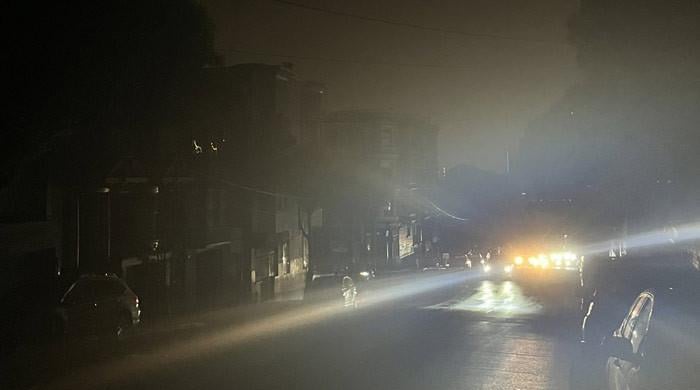
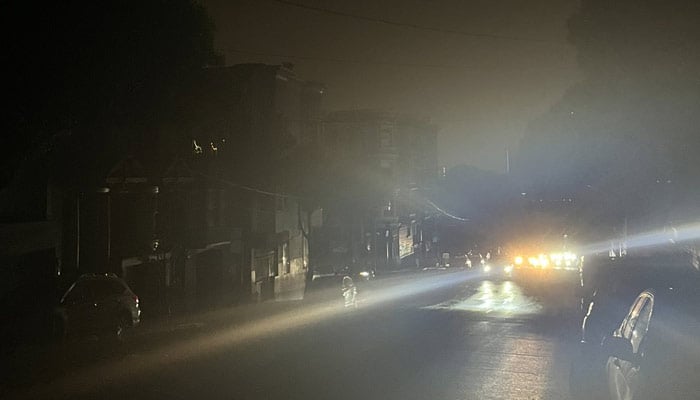
A huge electricity outage hit San Francisco on Saturday, leaving 130,000 residents without power for several hours at its peak, with the city’s main provider saying all services would return overnight.
Pacific Gas & Electric Company said in a statement on X that power had been restored to about 90,000 households by 9pm Saturday (0500 Sunday GMT), “with the remaining 40,000 customers expected to be restored overnight.”
Large parts of the West Coast tech hub, which has a population of more than 800,000 people, were plunged into darkness, with disruptions to public transport and many traffic lights not working on a busy Christmas shopping weekend before power began to be restored.
“I know this was a rough day,” San Francisco Mayor Daniel Lurie said in a video posted on X from the city´s emergency operations centre.
“That is progress (on restoration of power)… but for those of you who do not have power, we want to make sure you stay safe, check on your neighbours,” he said.
Lurie said police, fire department and other city officials had been sent out and asked residents to stay home if possible.
Many traffic signals were out, leaving traffic police to manage intersections and the self-driving ride-hailing service Waymo had paused operation of its vehicles, he said.
A fire at a substation had caused the blackout, Lurie said.
Parts of the city were blanketed in fog and many businesses were forced to close for the day at the height of the holiday shopping period, the San Francisco Chronicle newspaper reported, leaving normally bustling commercial areas quiet.
The abrupt fall in shoppers just days before Christmas was “devastating” for business, a manager of Black & Gold home goods store, told the San Francisco Chronicle.
Politics
US intercepts oil tanker off Venezuelan coast, Reports
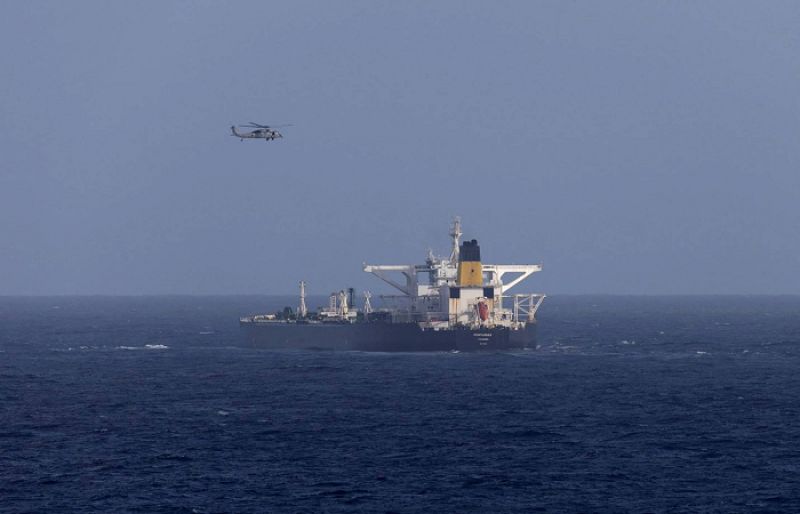
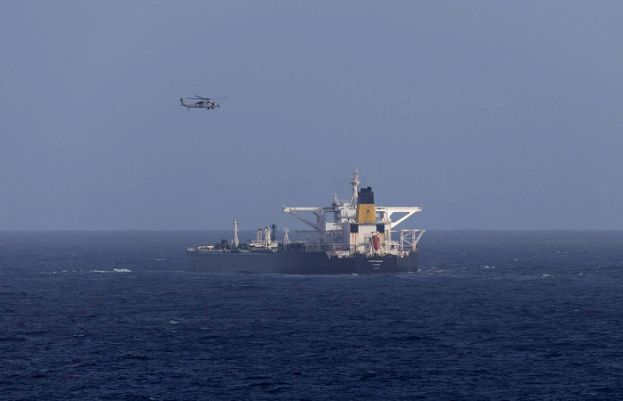
The United States has intercepted an oil tanker off the coast of Venezuela in international waters, U.S. Homeland Security Secretary Kristi Noem confirmed Saturday, a move that comes just days after US President Donald Trump announced a “blockade” of all sanctioned oil tankers entering and leaving Venezuela.
It’s the second time in recent weeks that the United States has gone after a tanker near Venezuela amid a large U.S. military build-up in the region.
Noem confirmed the Coast Guard intercepted a tanker that was last docked in Venezuela.
“The United States will continue to pursue the illicit movement of sanctioned oil that is used to fund narco terrorism in the region,” she said in a statement posted to social media. “We will find you, and we will stop you.”
Three US officials earlier Saturday had told Reuters that the vessel had been intercepted.
The Coast Guard and Pentagon referred questions to the White House. White House spokeswoman Anna Kelly said the tanker contained sanctioned oil.
“It was a falsely flagged vessel operating as part of the Venezuelan shadow fleet to traffic stolen oil and fund the narcoterrorist Maduro regime,” she wrote on X.
Venezuela’s oil ministry and state oil company PDVSA did not immediately reply to requests for comment. The Venezuelan government called the tanker interception a “serious act of international piracy.”
Venezuela “denounces and rejects the theft and hijacking of a new private vessel transporting oil, as well as the forced disappearance of its crew, committed by military personnel of the United States of America in international waters,” the statement said.
Caracas said the actions will be reported to the United Nations Security Council, other multilateral organizations and governments.
British maritime risk management company Vanguard said the vessel was believed to be the Panama-flagged Centuries, which was intercepted east of Barbados in the Caribbean Sea.
Jeremy Paner, a partner at Washington, D.C., law firm Hughes Hubbard and a former OFAC investigator, said the vessel has not been sanctioned by the US.
An October police raid in northern Rio de Janeiro became the deadliest in Brazil’s history, after leaving more than 120 people dead.
“The seizure of a vessel that is not sanctioned by the US marks a further increase in Trump’s pressure on Venezuela,” Paner said. “It also runs counter to Trump’s statement that the U.S. would impose a blockade of all sanctioned oil tankers.”
Politics
Gunmen kill 9, wound 10 in South Africa bar attack
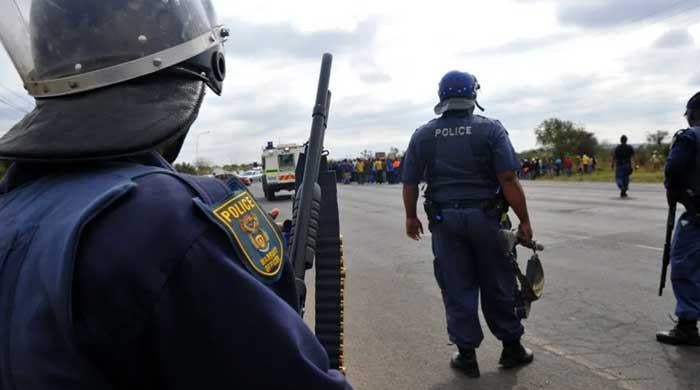
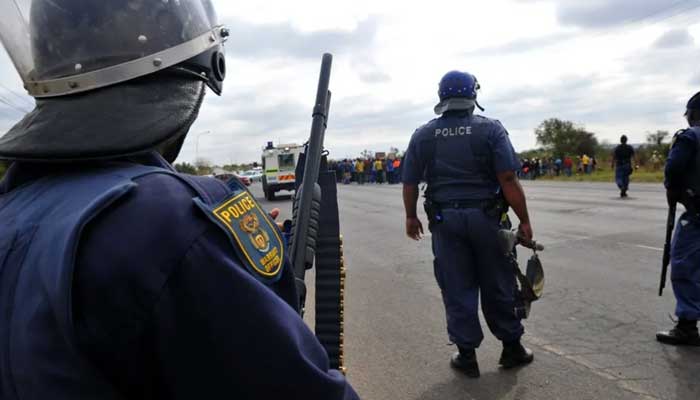
- Manhunt for the attackers has been launched, say police.
- Attackers in 2 vehicles randomly opened fire while fleeing scene.
- Dead included a driver from online car-hailing service.
JOHANNESBURG: Nine people were killed when unknown gunmen opened fire at a bar outside Johannesburg early Sunday, police said, in the second such shooting in South Africa this month.
Ten more were wounded when around a dozen men attacked the tavern at Bekkersdal, in a gold mining area around 40 kilometres (25 miles) southwest of the city, just before 1:00 am (2300 GMT).
Police initially said 10 people were killed but later revised the toll downwards.
The attackers in two vehicles “opened fire at tavern patrons and continued to shoot randomly as they fled the scene,” a police statement said.
The dead included a driver from an online car-hailing service who had been outside the bar, provincial police commissioner Major General Fred Kekana told SABC television.
A manhunt for the attackers had been launched, police said.
South Africa, the continent’s most industrialised nation, is grappling with entrenched crime and corruption driven by organised networks.
Shootings are common and often fuelled by gang violence and competition between informal businesses, contributing to one of the highest murder rates in the world.
On December 6, gunmen stormed a hostel at Saulsville township near the capital Pretoria, killing a dozen people including a three-year-old child.
Police said that shooting was at a site that was illegally selling alcohol.
Many South Africans own licensed firearms for personal protection but there are many more illegal guns in circulation despite relatively strict ownership laws.
An average of 63 people were killed each day between April and September, according to police data.
Most deaths stemmed from arguments, with robberies and gang violence also driving the toll.
In one of the deadliest recent incidents, 18 relatives were shot dead at a rural homestead in the country’s Eastern Cape province in September 2024.
-
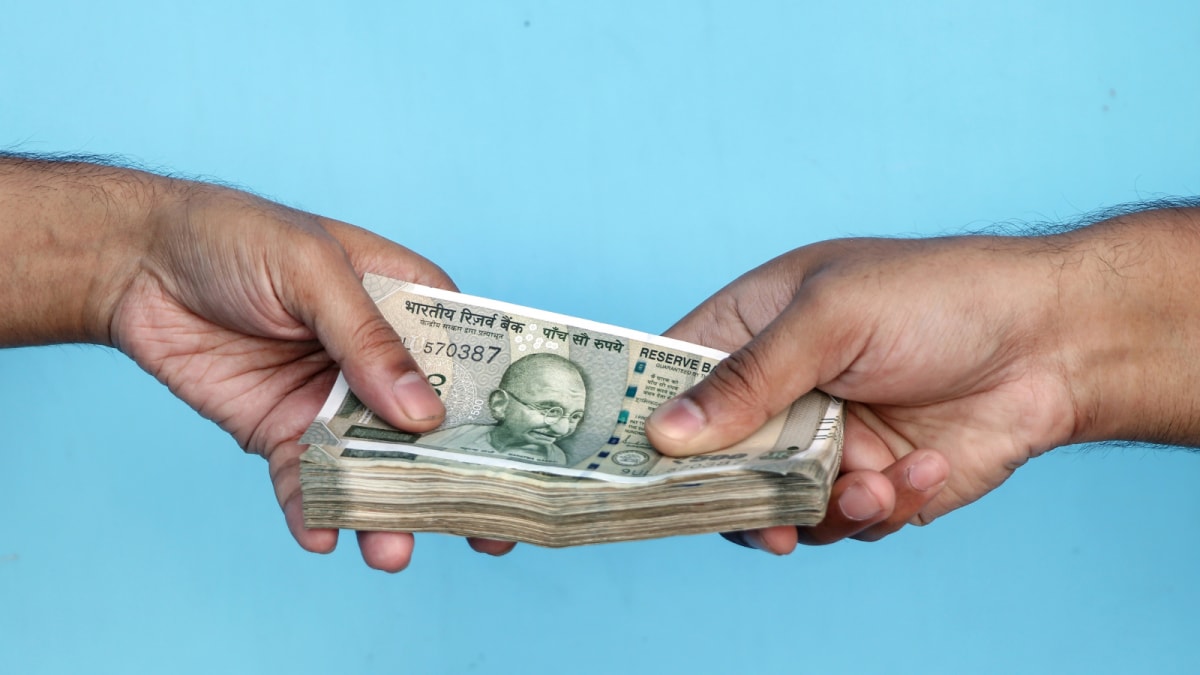
 Business1 week ago
Business1 week agoHitting The ‘High Notes’ In Ties: Nepal Set To Lift Ban On Indian Bills Above ₹100
-
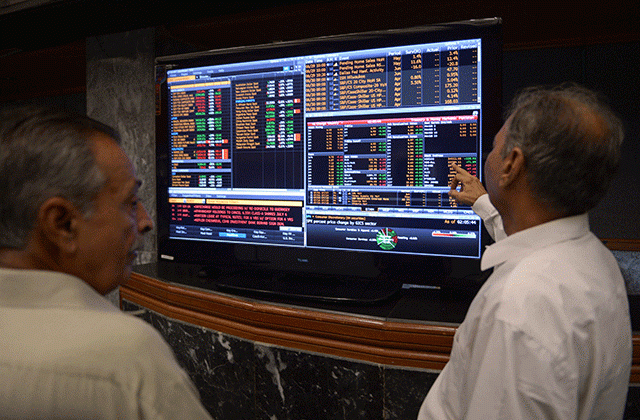
 Business7 days ago
Business7 days agoKSE-100 index gains 876 points amid cut in policy rate | The Express Tribune
-

 Sports6 days ago
Sports6 days agoJets defensive lineman rips NFL officials after ejection vs Jaguars
-

 Business7 days ago
Business7 days agoStudying Abroad Is Costly, But Not Impossible: Experts On Smarter Financial Planning
-

 Tech1 week ago
Tech1 week agoFor the First Time, AI Analyzes Language as Well as a Human Expert
-

 Entertainment6 days ago
Entertainment6 days agoPrince Harry, Meghan Markle’s 2025 Christmas card: A shift in strategy
-

 Business4 days ago
Business4 days agoBP names new boss as current CEO leaves after less than two years
-

 Tech4 days ago
Tech4 days agoT-Mobile Business Internet and Phone Deals





